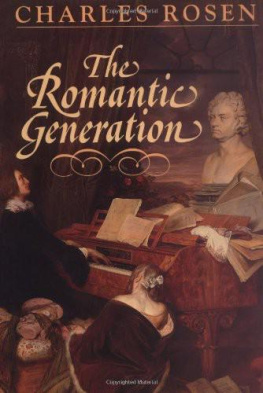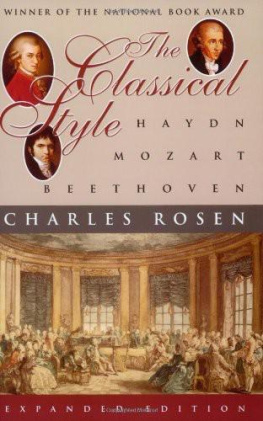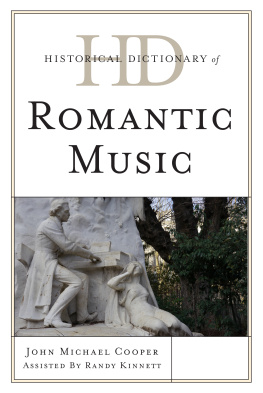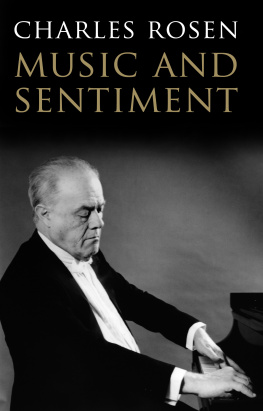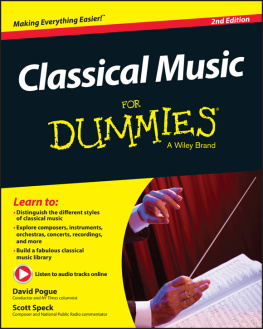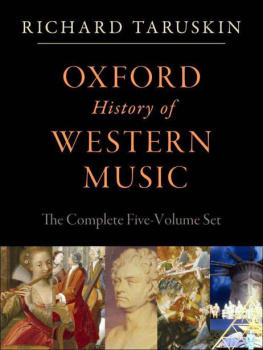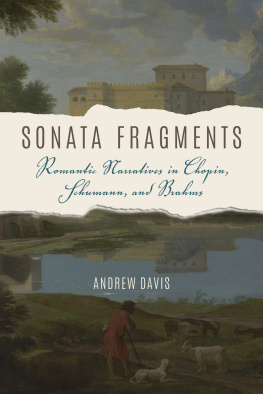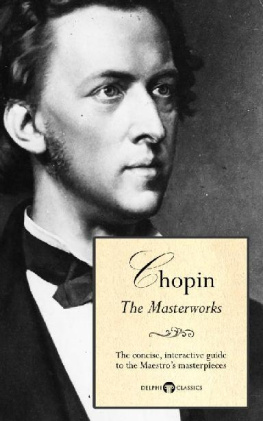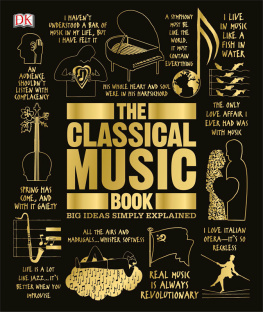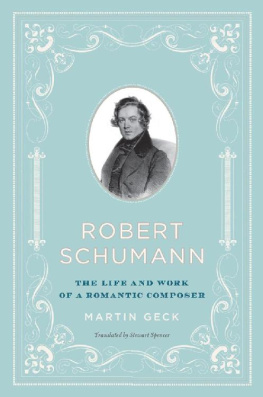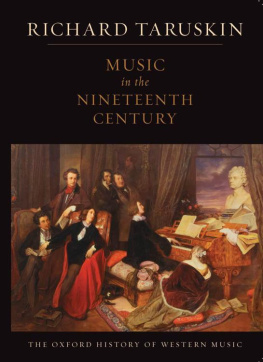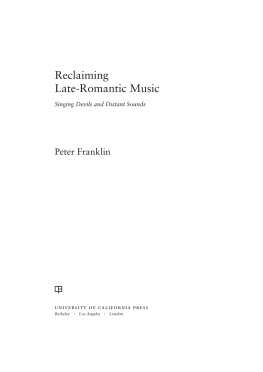Charles Rosen - The Romantic Generation (Charles Eliot Norton Lectures)
Here you can read online Charles Rosen - The Romantic Generation (Charles Eliot Norton Lectures) full text of the book (entire story) in english for free. Download pdf and epub, get meaning, cover and reviews about this ebook. year: 1998, publisher: Harvard University Press, genre: Science. Description of the work, (preface) as well as reviews are available. Best literature library LitArk.com created for fans of good reading and offers a wide selection of genres:
Romance novel
Science fiction
Adventure
Detective
Science
History
Home and family
Prose
Art
Politics
Computer
Non-fiction
Religion
Business
Children
Humor
Choose a favorite category and find really read worthwhile books. Enjoy immersion in the world of imagination, feel the emotions of the characters or learn something new for yourself, make an fascinating discovery.
- Book:The Romantic Generation (Charles Eliot Norton Lectures)
- Author:
- Publisher:Harvard University Press
- Genre:
- Year:1998
- Rating:4 / 5
- Favourites:Add to favourites
- Your mark:
The Romantic Generation (Charles Eliot Norton Lectures): summary, description and annotation
We offer to read an annotation, description, summary or preface (depends on what the author of the book "The Romantic Generation (Charles Eliot Norton Lectures)" wrote himself). If you haven't found the necessary information about the book — write in the comments, we will try to find it.
What Charles Rosens celebrated book The Classical Style did for music of the Classical period, this new, much-awaited volume brilliantly does for the Romantic era. An exhilarating exploration of the musical language, forms, and styles of the Romantic period, it captures the spirit that enlivened a generation of composers and musicians, and in doing so it conveys the very sense of Romantic music. In readings uniquely informed by his performing experience, Rosen offers consistently acute and thoroughly engaging analyses of works by Schubert, Schumann, Mendelssohn, Bellini, Liszt, and Berlioz, and he presents a new view of Chopin as a master of polyphony and large-scale form. He adeptly integrates his observations on the music with reflections on the art, literature, drama, and philosophy of the time, and thus shows us the major figures of Romantic music within their intellectual and cultural context.
Rosen covers a remarkably broad range of music history and considers the importance to nineteenth-century music of other cultural developments: the art of landscape, a changed approach to the sacred, the literary fragment as a Romantic art form. He sheds new light on the musical sensibilities of each composer, studies the important genres from nocturnes and songs to symphonies and operas, explains musical principles such as the relation between a musical idea and its realization in sound and the interplay between music and text, and traces the origins of musical ideas prevalent in the Romantic period. Rich with striking descriptions and telling analogies, Rosens overview of Romantic music is an accomplishment without parallel in the literature, a consummate performance by a master pianist and music historian.
Charles Rosen: author's other books
Who wrote The Romantic Generation (Charles Eliot Norton Lectures)? Find out the surname, the name of the author of the book and a list of all author's works by series.

